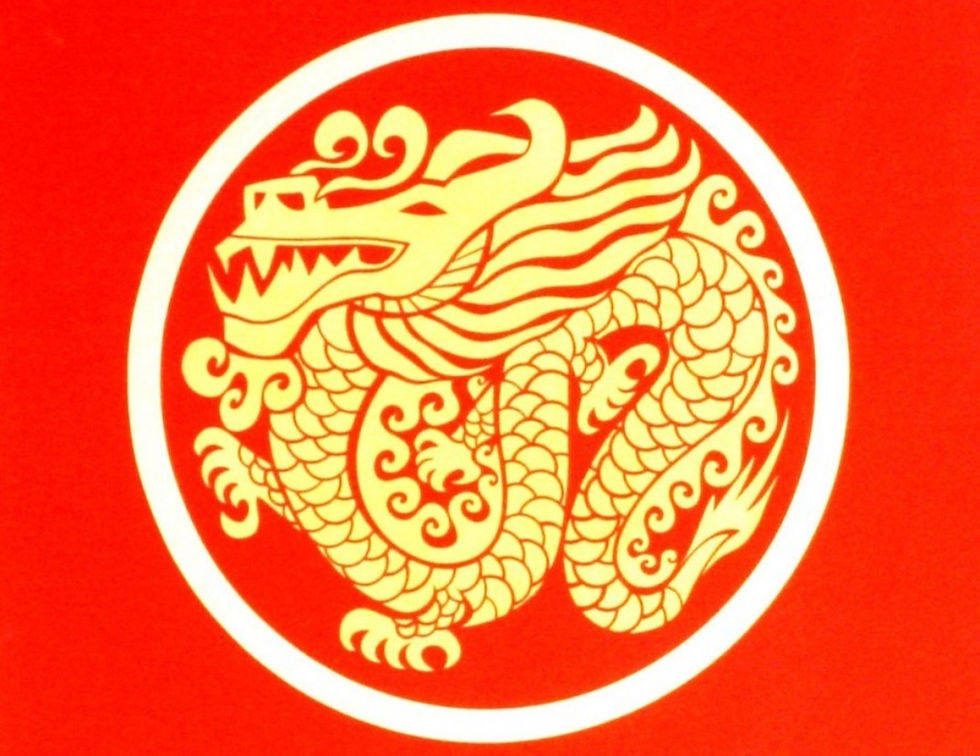
When China’s Vice Premier Liu He stood up in Davos and announced that China is open for business after more than a 1,000 days of closed borders, the audience got zippy. The chatter was that the reopening of China will rival 2022’s invasion of Ukraine in economic impact. Indeed, The Economist’s modeling estimates that some 1.5 mm people will die in from covid in the coming year. Which is almost certainly not what those jacked-up investors were thinking.
The actual covid numbers will likely remain a mystery. In fact, Beijing’s official figures on everything need to be taken with a grain of salt – or a sack of it. The Chinese Communist Party spends more concerned with showing the world how well their system works rather than, say, working on the system. The end result being that their numbers on economic growth, covid deaths and the birthdays of their top gymnasts are whatever the government wants them to be. No one is keeping record of covid deaths in the countryside, but according to the BBC, the orders for the traditional paper funeral arrangements have tripled, and the crematoriums are running full bore.
In big urban centers, the post-covid rebound in consumer demand has happened faster than expected. It should have; like the West, those enforced lock-downs were an artificial anomaly and when they were removed, society went roaring back to the mean. Blow up a damn and a river doesn’t gradually return to its old course. It does it with a vengeance.
All of China’s problems don’t stem from a brutal zero-covid policy, nor is that the only policy roll-back the CCP is taking to save its economy. Beijing is easing it’s self-defeating crackdown on the tech sector. It isn’t rolling back government control, mind, but just sending fewer people to jail for too Western in their success.
The 800 lb. panda in the room, though, is a housing sector that accounts for 20% of the country’s GDP. A raft of reforms have been announced but, being good Communists, no one has spelled out exactly what those reforms will be. Likely they don’t know themselves.
The Chinese real estate model is quirky: Homes are finished using the revenue from new orders. Essentially, when you put a down payment on a house this month, and take out a great whacking mortgage which you pay, theoretically, while the home you ordered is being built. What you’ve really done is financed the completion of your home your neighbor bought a few years ago. It’s the sort of system that works fine until it hits a hiccup. Like the US Social Security system.
As it was, China’s home prices began to rise as they were flooded with new sales, in came the investors, with about 70% of the homes built since 2018 where for buyers who have an existing home. Then prices really took off. The problem was delivery. Only about 60% of homes sold between 2013 and 2020 - before covid – have been completed. A delivery rate like that is going to stall the new sales. And there is your hiccup.
The view from Beijing is one thing: It needs to make the buyers whole, which will entail getting financing to debt-laden developers that it had previously been trying to strangle. Officially they want to make buyers whole and squeeze the speculation out of the market.
The view from local governments is another: The speculation that Beijing rails against has been a boon to local governments, as they own all the land, the sale of which has financed local infrastructure projects. So they want the real estate prices to stay inflated.
The bizarre contradiction is that somehow China has created the most expensive real estate bubble in the world, despite vacancies running about 7% in China’s largest cities, and 12% in second tier cities. China’s population has officially fallen this year (although the noise on the ground is that the population has been retreating for years) so it’s hard to see how they’ll ever fill the empty tower blocks. And yet local government need to keep selling land and developers must keep selling new homes.
The long term issue for investors, though, is even thornier. After years of Xi’s channeling Chairman Mao’s economic theories, the place looks like a riskier bet.
A) The country’s main driver of economic growth – the fact that after 3,000 of bad government policy a feudal state with no economic policy was taken over by a socialist one with an even worse grasp of economics– has largely petered out by becoming middle class.
B) – and with an A) like that, who needs a one but here we are… B) this late unpleasantness has exposed Beijing as being more draconian than competent, and
C) that incompetence is intruding further into the private(ish) business sector as well. It’s laws and policies are increasingly arbitrary and cliquish, and private capital and investors are more and more at the mercy of Beijing’s whims.
Xi may be able to simply declare the borders of the country he controls open, but he cannot as easily shut down the paranoid xenophobia he stirred up to take control in the first place.

